Alright – so today we’ve got the honor of introducing you to Paige Conway. We think you’ll enjoy our conversation, we’ve shared it below.
Hi Paige, great to have you with us today and excited to have you share your wisdom with our readers. Over the years, after speaking with countless do-ers, makers, builders, entrepreneurs, artists and more we’ve noticed that the ability to take risks is central to almost all stories of triumph and so we’re really interested in hearing about your journey with risk and how you developed your risk-taking ability.
Oh, man… I feel like my entire life has had risk just baked in. Or like I’ve been chasing it while also trying to keep one foot firmly planted on the ground, which we know is impossible, haha!
But I grew up as a competitive gymnast. I spent over 13 years in that world. And it’s nothing but risk, but it’s SCARY, too! I started really young, so the risk was built in, and honestly, pretty fun at the beginning. As you get older and the skills get harder and more challenging, the risk gets greater, but so does the reward and the fulfillment. It’s a really bizarre and beautiful environment where you have these little girls with hulking muscles who are all becoming absolute masters of their thoughts and doubts in real time. You watch them freaking out with fear, then get really quiet, decide they’re gonna make it, and then just run full speed at stationary objects and hurl themselves over them and stick the landing. It’s a really weird environment to grow up in, but I wouldn’t change it for anything. It made me. Period.
But when I “retired” due to a back injury, that need for risk was still there. I think it’s part of what ultimately drew me to theatre. It offered a space for me to dance with risk again, but in a different way. I have to admit that I found emotional and artistic risk to be way scarier – so much harder! I had learned how to train my mind as a young kid, but learning how to train my heart and soul to give little pieces of it away? Whoa.
I had to, though. There was some little thing deep in my bones that needed to share something – a story, a moment, a little piece of myself. By the time I was going into college and deciding that I would actually pursue a career in theatre, I think the need for risk was foundational at that point. So it felt like an obvious pathway, in some respect. Like, “I used to flip over a 4-inch piece of wood, of course I’m gonna go into the least stable industry. I’ve got good balance, right?” Yikes. But I do think my background made the fearful days and nights (and there have been MANY) a little easier. To know that I’ve done harder stuff with a lot less experience, and always pulled myself through. It’s helpful that there’s a precedent there.
And when I found physical theatre… well, it just felt like everything had come together for me. Here was this way to share my art and my heart in a visceral way that felt like it was really offering audiences a piece of who I have always been. And on top of that, directing these shows offered a way for me to share that experience with other artists and help them explore risk in a physical way that often leads to increased self-trust and a deeper capacity to risk in their own work. It was like everything I’d been searching for.
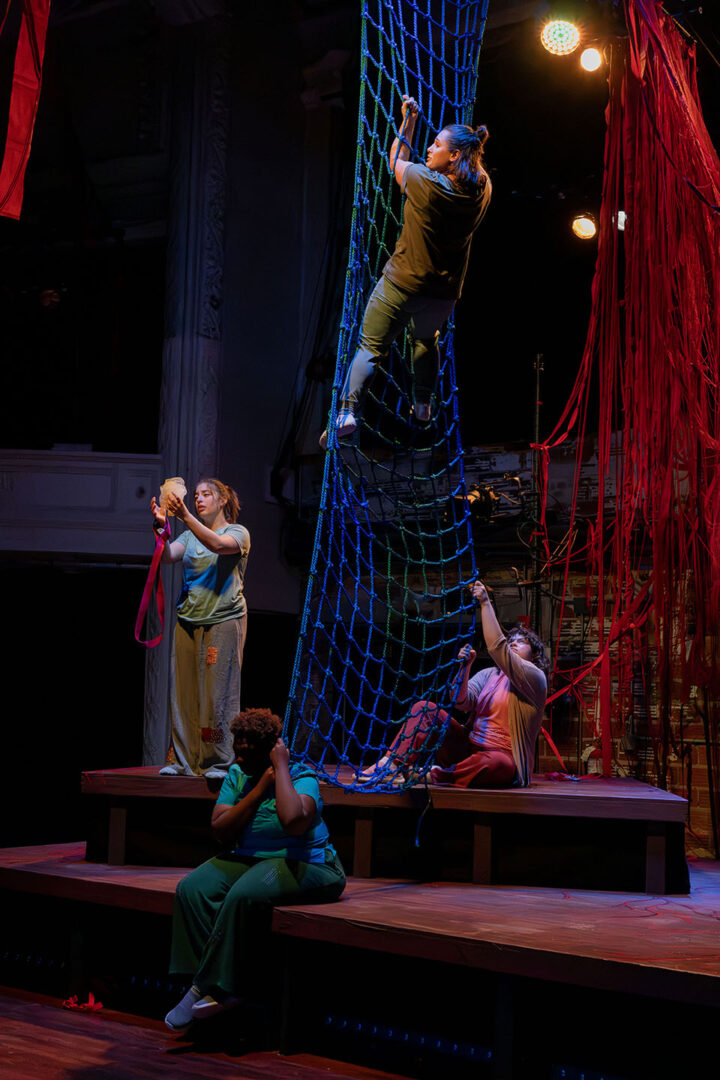
Appreciate the insights and wisdom. Before we dig deeper and ask you about the skills that matter and more, maybe you can tell our readers about yourself?
I work in many facets of theatre – I’m an artist and arts administrator. As an artist, I’m primarily a director of physical theatre, and stage manager. Though I’m dabbling a bit more into the world of playwriting recently, which has been a fun new challenge.
I’m mostly interested in making work for and by women and AFAB people. It’s really beautiful to get a group of us in a rehearsal room and start asking the actors to lift each other and take each others’ weight. It’s a really unusual experience for many AFAB folks to be asked to do the lifting in these rooms. There’s often a lot of discomfort around it because of societal gender norms, which I have zero interest in supporting. Watching us support each other is so much much more interesting to me. And after a few minutes of working in this way, I watch the actors become really intrigued.
When we’re asked every day to do the emotional and mental lifting, there’s something really powerful in watching women learn how to share their load. They’re always ready to lift — that’s never been a problem in these rooms — the issue comes with being lifted. That’s scary. Personally, I still hate it. But watching the shift slowly begin to happen is still the most incredible thing I’ve ever seen, every single time. The bond and community they begin to create is so much stronger. It becomes the safest, strongest space. A space that is safe enough for actors to really be willing to risk. Where we can lift each other. Where we can be lifted by each other.
No matter what I’m doing artistically or administratively, I’m always aiming to create a space of safety and support. I think doing this work artistically has made me a better administrator — I know where the fear and concern is coming from on a personal level. It makes difficult conversations more human. I’m the Associate Producer at Cleveland Public Theatre where a lot of our work is really community focused and centered. Being able to help other artists create spaces for risk and growth has been really important to me. As an artist, it feels like such a privilege to then have the opportunity to help make these spaces better as an administrator.
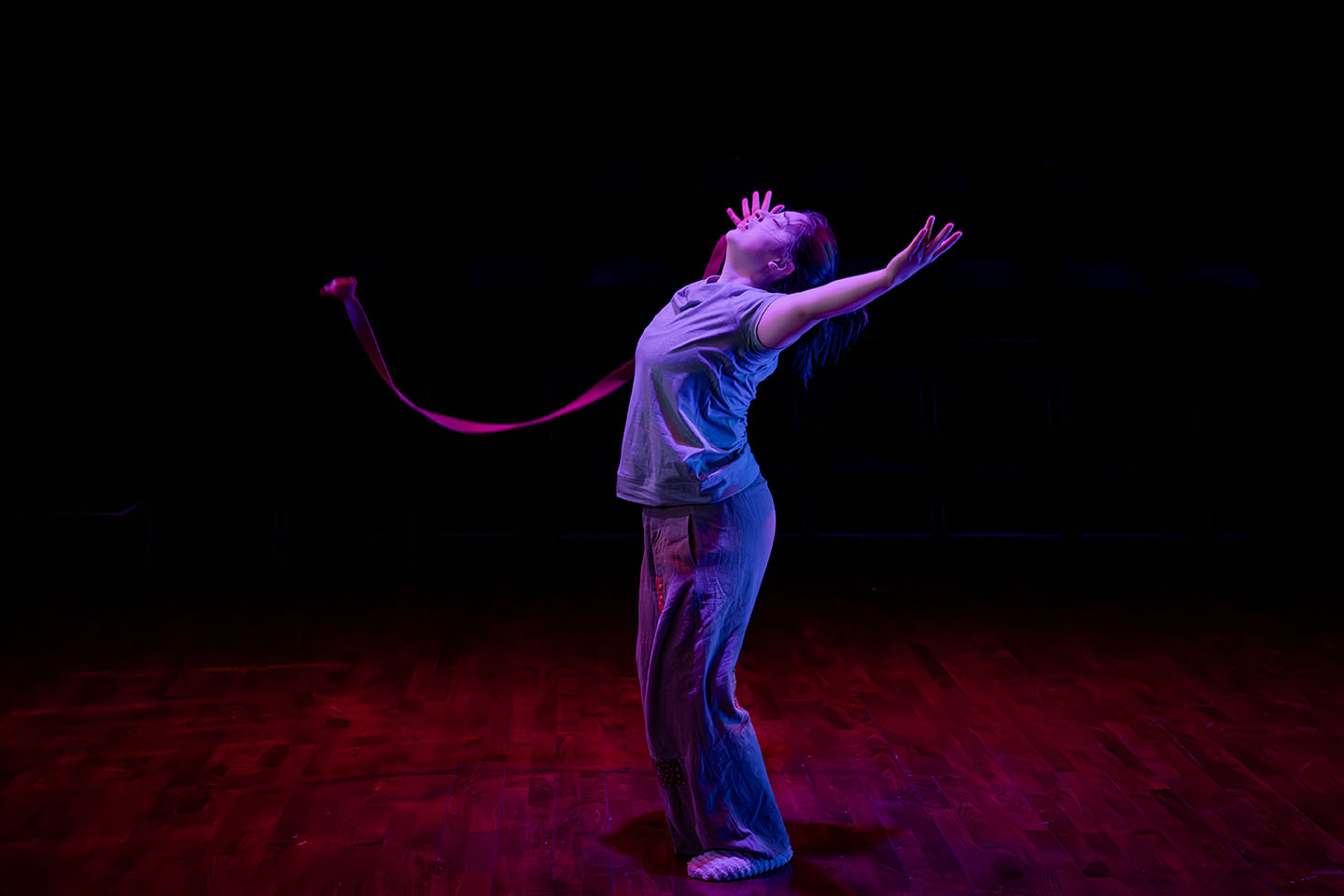
There is so much advice out there about all the different skills and qualities folks need to develop in order to succeed in today’s highly competitive environment and often it can feel overwhelming. So, if we had to break it down to just the three that matter most, which three skills or qualities would you focus on?
Ooo, that’s a good question. Um, I think curiosity has been a big one for me. There’s a lot in this industry that has become formulaic, especially in recent years as funding becomes scarce. There’s a lot of “do what we know will work so we can get butts in the seats” mentality. I don’t think that’s particularly helpful or useful most days. But it takes a genuine curiosity to push past the fear of that scarcity. You have to really be able to think about the “what if” in a positive way. Be willing to go through lots of bad ideas first without judgement before you get to the good ones.
I’m gonna lump discipline and work ethic in together. I’ve always been pretty good with these ones – a leftover from my gymnast days. The every day of both gymnastics and theatre are not pretty – they’re really ugly, in fact, most of the time. But you have to show up, you have to do the work, even when it’s tedious and hard and uncomfy. I think the entertainment industry in general often glorifies the end-result, but you don’t see the effort that goes in. And there’s a ton of it. Every artist you know has spent more than their share of time in a puddle on the floor of a rehearsal room — it’s a crucial part of the process!
But probably the biggest thing for me has been having a really deep sense of self-trust and self-knowledge. It’s hard. I don’t have it every day. But I listen to my body. When something doesn’t feel right, it’s probably not right for me. And learning how to listen to that and not dismiss it has been really integral in my growth.
As far as advice goes, I think just being willing to try things is huge. It’s gonna force you to be curious, to develop discipline, and to trust yourself and listen to yourself. To get to know yourself better, bit by bit. I’m still (constantly) learning how to listen. But I think that’s the most useful instinct for any artist to develop, or really for anyone.
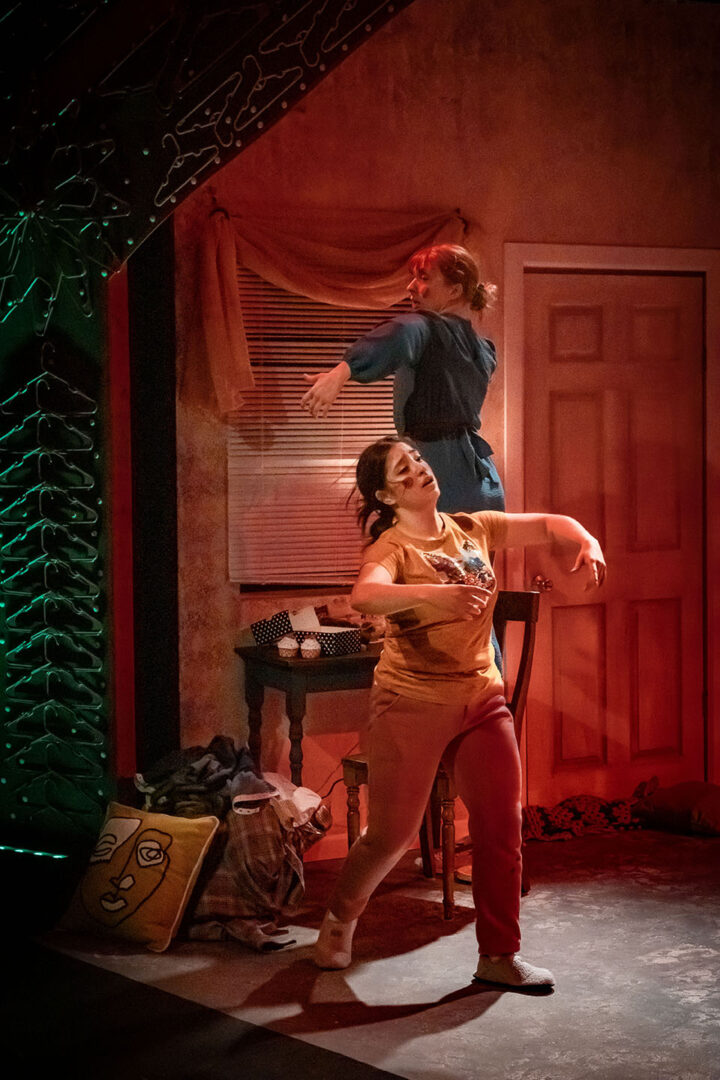
We’ve all got limited resources, time, energy, focus etc – so if you had to choose between going all in on your strengths or working on areas where you aren’t as strong, what would you choose?
Hmm…I don’t think this one is an either/or situation. I think it’s a both/and. For me, it all comes back to that curiosity from earlier.
Sure, you’ve got your strengths and there are always going to be specialists. I’m a specialist in physicality — I really know how bodies work and how you can make them work together to achieve extraordinary things.
But I also think it’s always worth your time to explore something new that you’re interested in. I’m not a theatrical designer, but love learning about all the areas of it because it makes me a better collaborator. A better artist. I can speak differently to designers when I understand their art, and not just my own perspective on it. Also, it’s just cool to learn — how could you not want to be expanding your brain? As an artist, I think the depth of my knowledge can only be increased by the breadth of my experience.
Contact Info:
- Website: https://www.paigeconway.com
- Instagram: @paigemcon
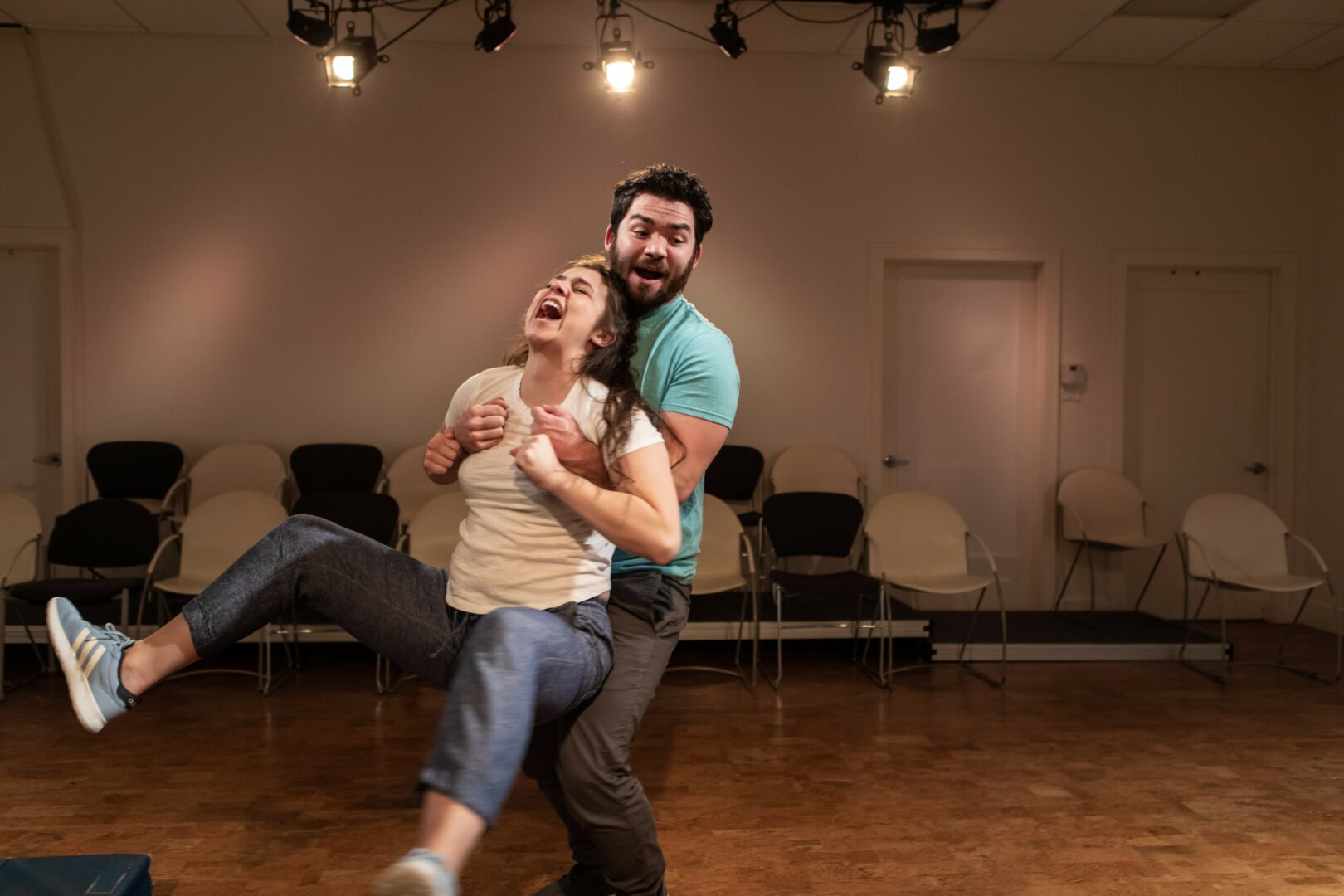
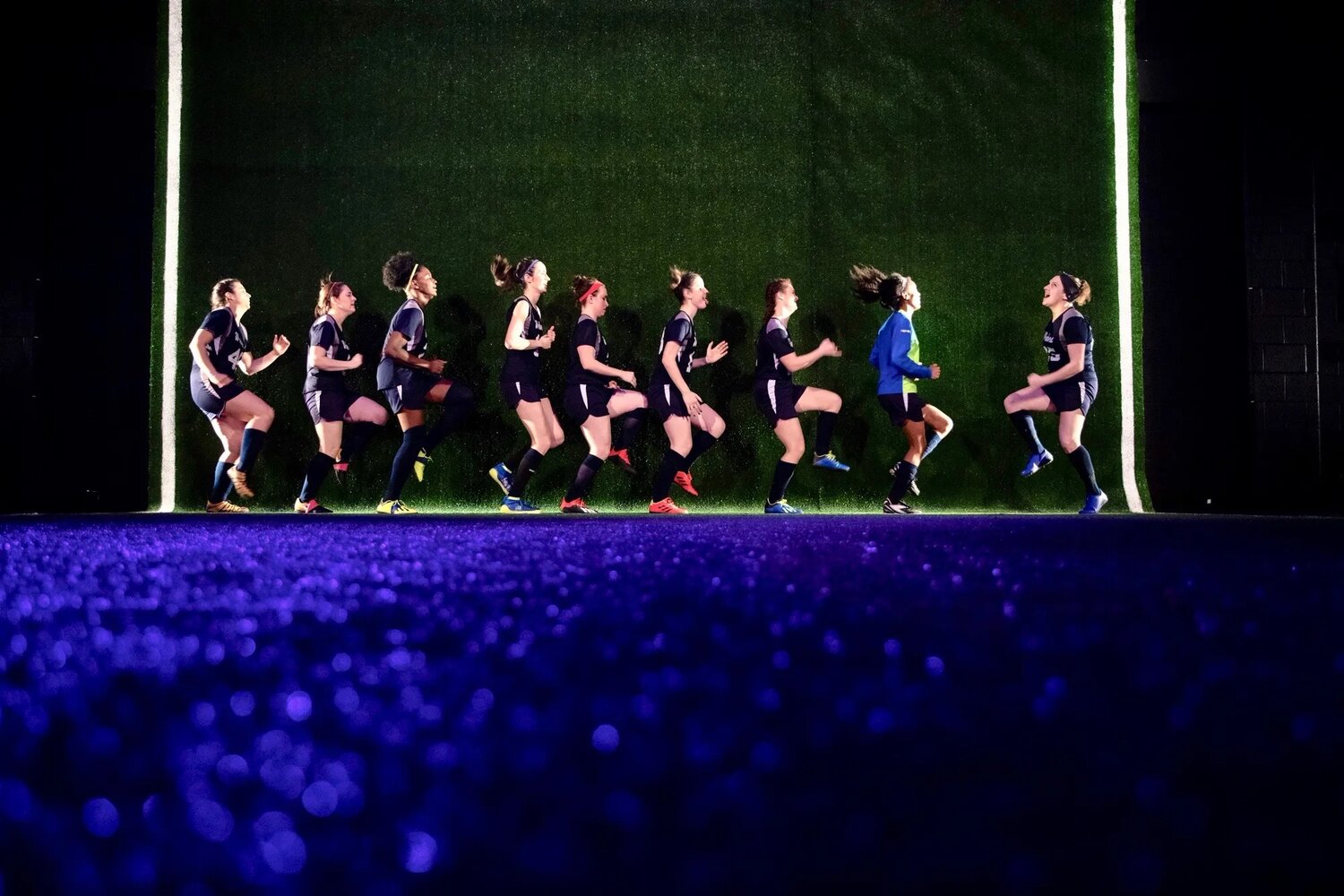
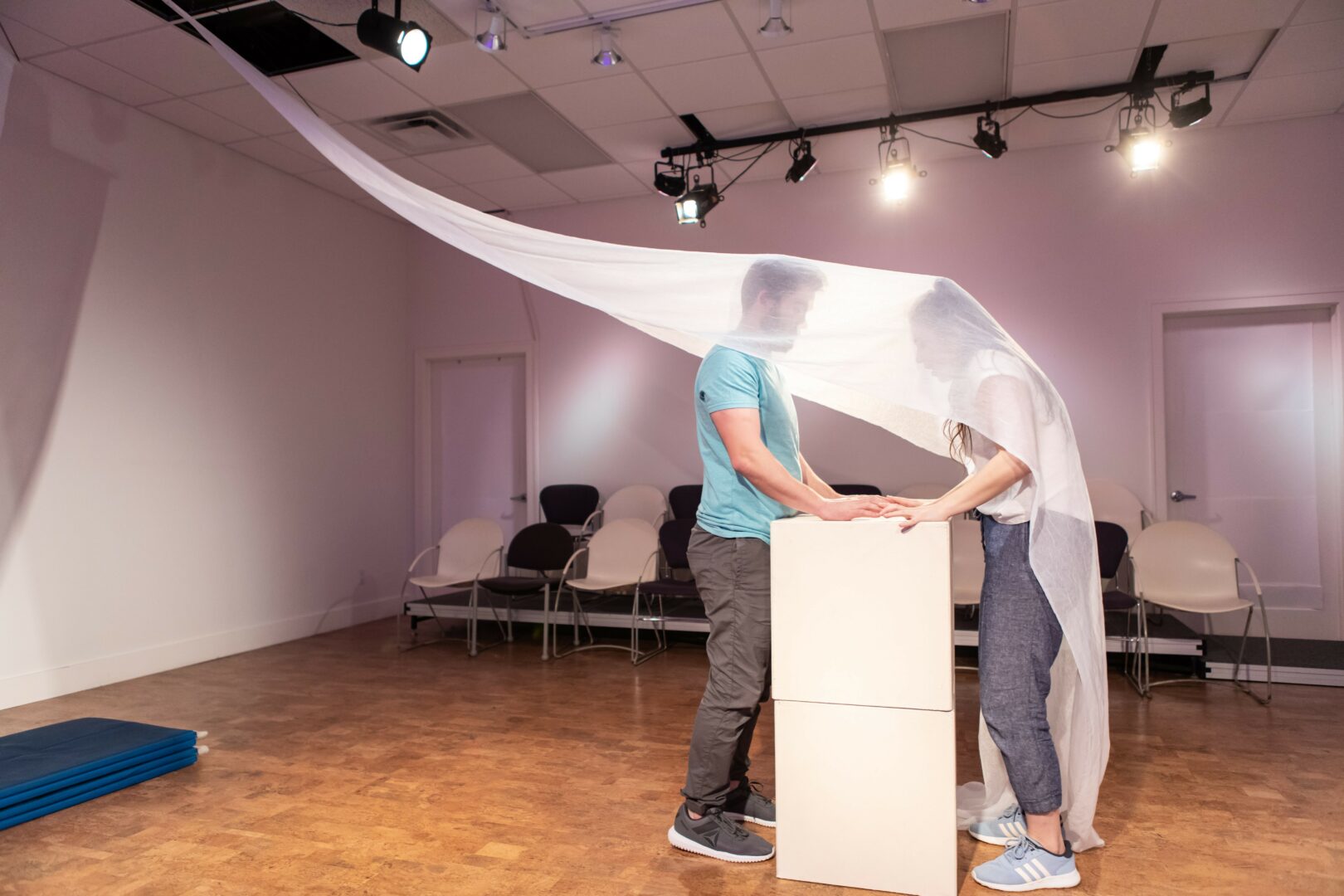
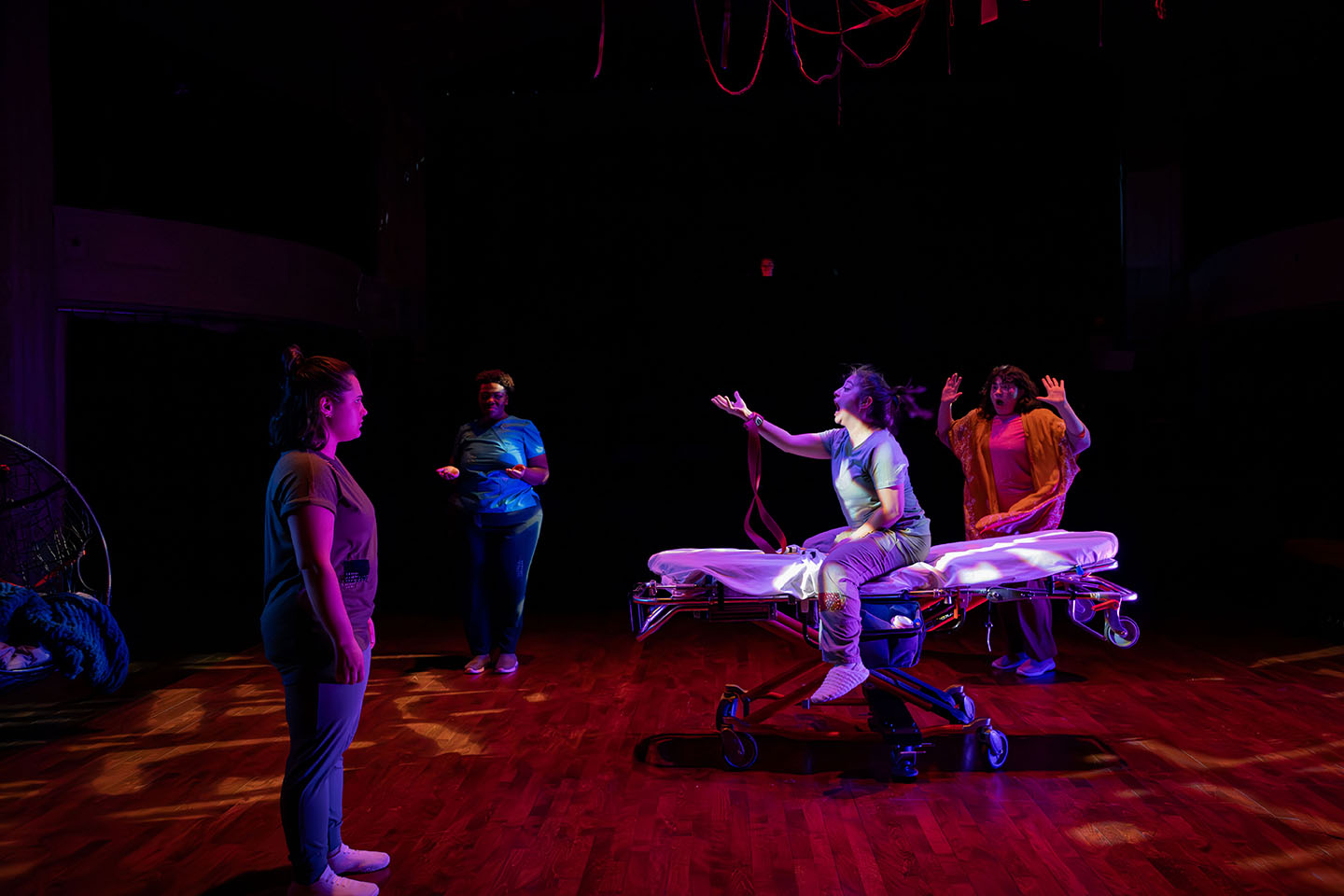
Image Credits
Photos 1, 2, 3, and 7 are credited to Steve Wagner.
Photos 4 and 6 are credited to Sean Carter Photography.
Photo 5 is credited to Flint Repertory Theatre.
so if you or someone you know deserves recognition please let us know here.




